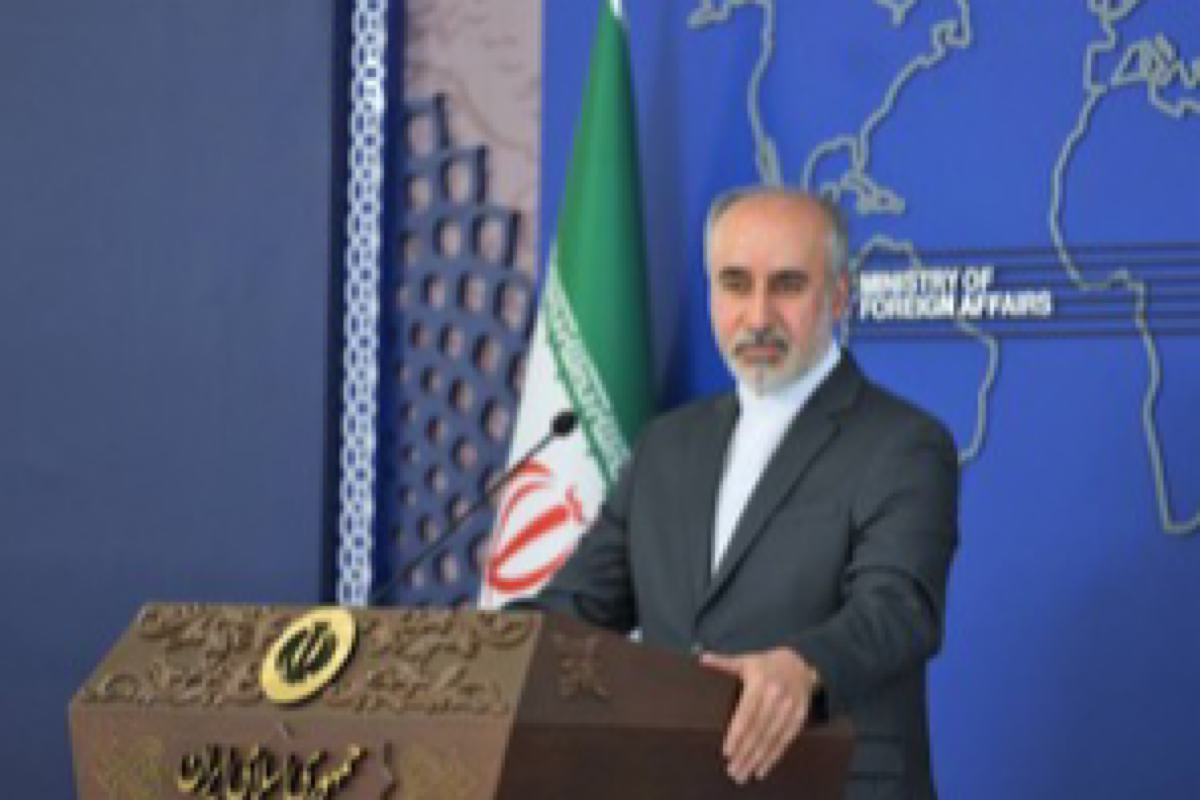Iran’s Foreign Ministry Spokesman Nasser Kanaani has censured certain Western governments for letting some “disruptors” intimidate and insult overseas Iranian voters during the country’s 14th presidential election.
He made the remarks in a post on social media platform X after several anti-Iran individuals harassed Iranian voters at polling stations in some states, such as Britain and Australia, to prevent them from casting their ballots on Friday (Tehran time).
Advertisement
“The disruptors, who identify themselves as the opponents of the Islamic establishment (of Iran), attempted to, through intimidation, insult, and the most vulgar behaviour and offensive language, prevent Iranian expatriates from participating in a democratic process,” said the spokesman as reported by Xinhua news agency.
Kanaani slammed some Western governments, which claim to “champion democracy” but fail to take legal and preventative actions against those who “violate the legal rights of Iranian citizens”.
He urged those Western authorities to give explanations and take appropriate actions in response to such “barbaric, uncivilised, and illegal” behaviours.
Iran’s 14th presidential election, initially set for 2025, was rescheduled following the unexpected death of former President Ebrahim Raisi in a helicopter crash on May 19.
After the first round of voting which started early on Friday and ended at midnight, no candidate obtained more than 50 per cent of the total votes needed to call a winner.
The country was thus sent into a run-off scheduled for July 5 between two top contenders — reformist Masoud Pezeshkian, Iran’s former Health Minister, who received more than 42 per cent of the votes in the first round, and principlist Saeed Jalili, the former chief negotiator in the nuclear talks between Tehran and world powers, who garnered more than 38 per cent of the total.











